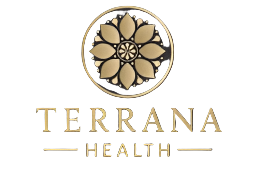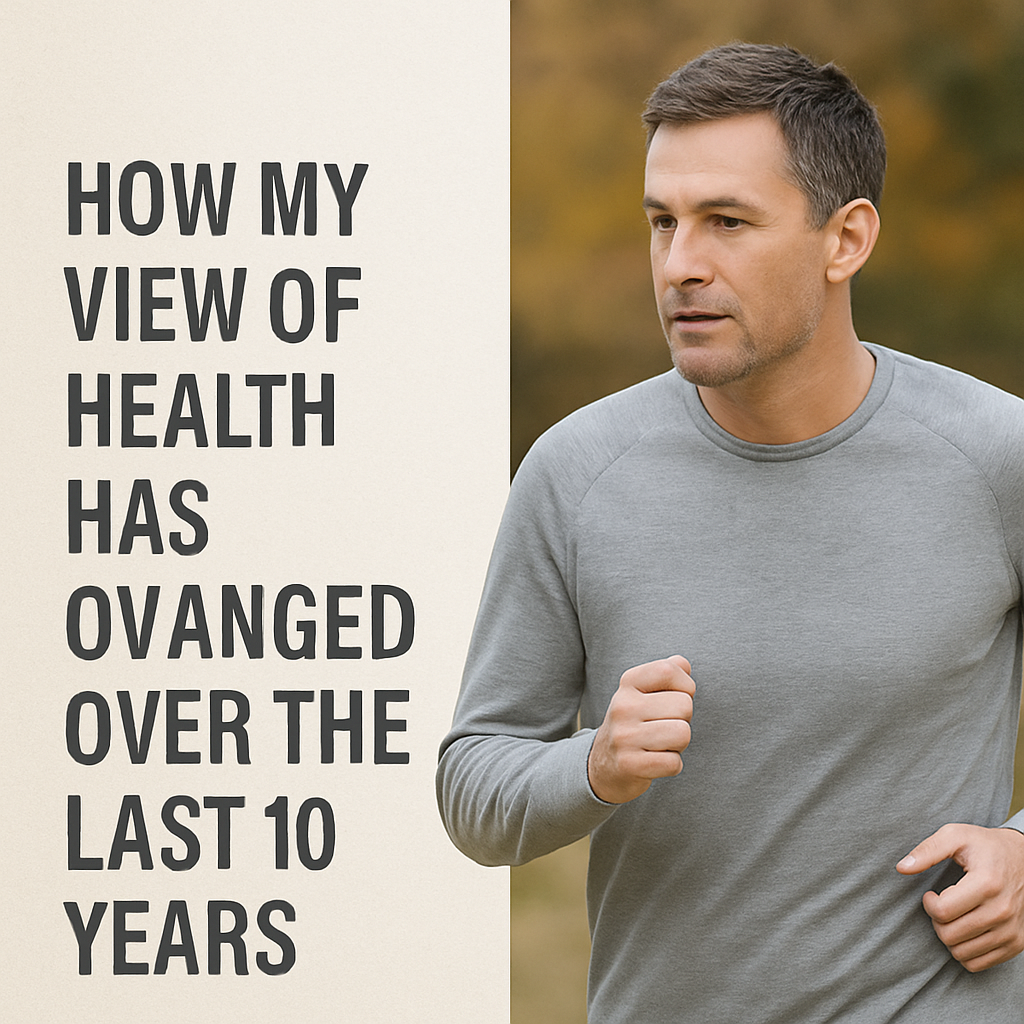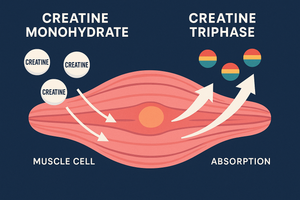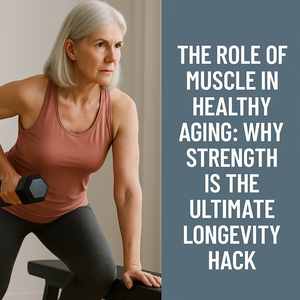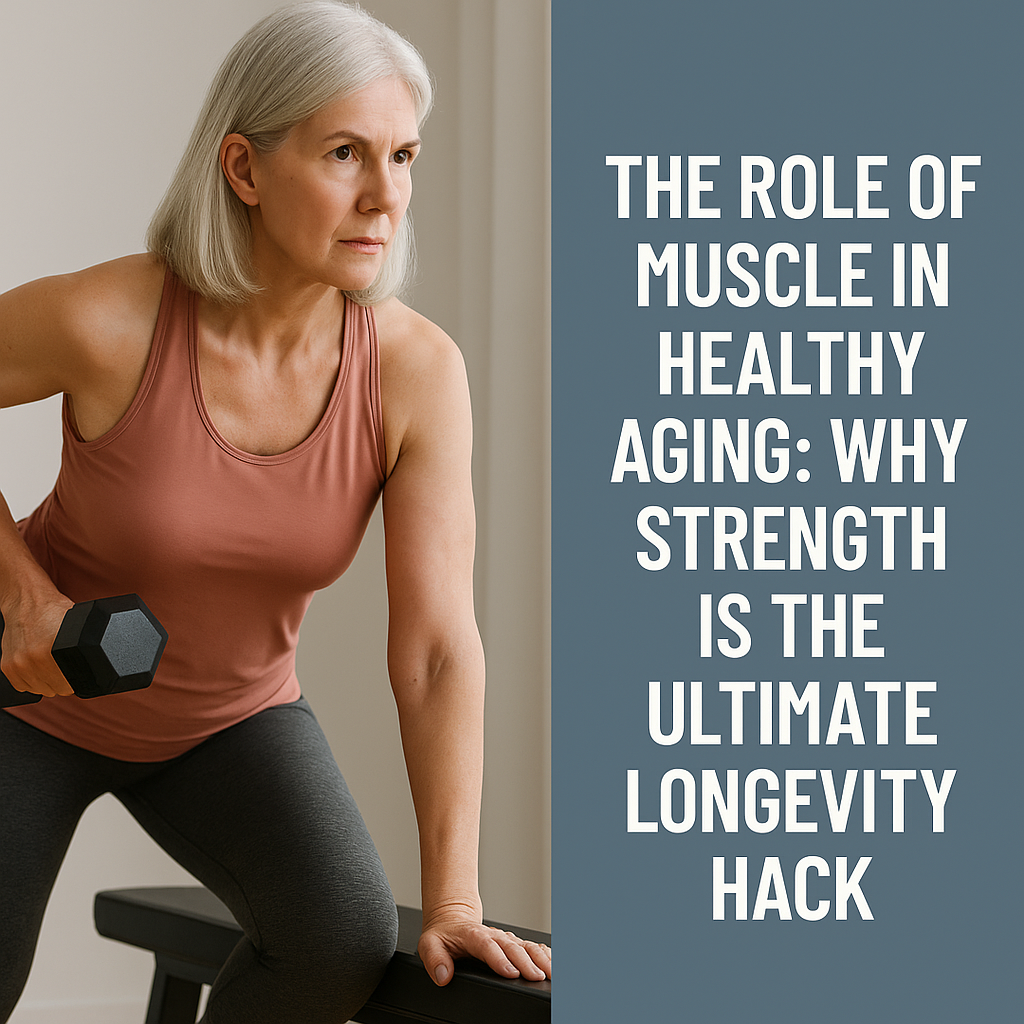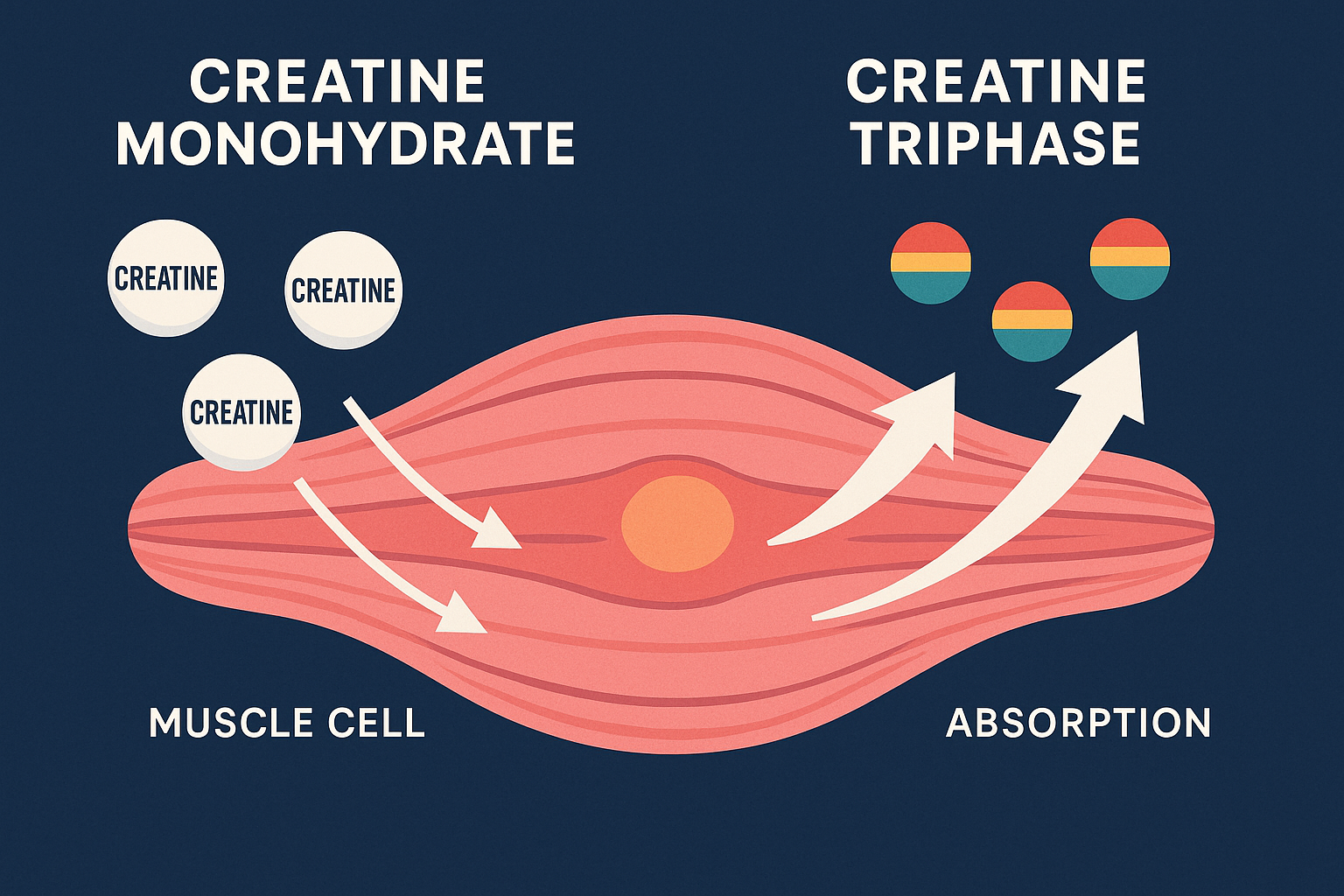Ten years ago, health meant something very different to me. It was mostly about performance—how fast I could run, how hard I could push, how little sleep I could get away with. Like many people in their 30s, I felt relatively invincible. Recovery was easy, aches were rare, and goals were all about chasing the next personal best.
Today, my mindset has shifted—sharply and with purpose.
Health Now Has a Long-Term Lens
As my kids get older, I find myself thinking further into the future. It’s no longer just about the next race or fitness milestone—it's about being present, active, and healthy as they become adults, start families, and begin their own journeys. I don’t just want to be there—I want to participate. I want to hike, travel, play, and not just spectate from the sidelines.
Recovery Isn’t Automatic Anymore
Running is still my outlet. It's where I think, decompress, and test myself. But I’ve noticed my body doesn’t bounce back like it used to. I can still compete, and I’m more motivated than ever—but I’ve had to become more intentional. That means warming up properly, prioritizing mobility and sleep, and building recovery time into my schedule instead of pushing through soreness like I did in the past.
Today’s Choices Shape Tomorrow’s Life
I’ve come to believe that the quality of my life in 10, 20, or 30 years will largely depend on the decisions I make now. Longevity isn’t just about living longer—it’s about living better for longer. That means I now put more focus on consistency, nutrition, and recovery than I ever did before. I’m investing in my future energy, strength, and clarity with the same intention I used to invest in races or workouts.
What Helps: Routines & Supplementation
Over time, I’ve developed a handful of daily routines that keep me grounded and moving forward:
-
Morning movement (even if it's just a walk or short stretch)
-
Consistent sleep and hydration
-
A few minutes of quiet time to clear my mind
-
Intentional training—not just hard sessions, but smart ones (zone 2 training)
-
Recovery tools: mobility work, cold therapy, massage when possible
And finally, supplementation has become a consistent part of my routine—not to replace healthy habits, but to support them. Whether it’s magnesium for sleep and muscle recovery, collagen for joint health, or creatine to maintain strength and endurance, I now view supplements as a smart extension of a long-term health strategy—not a shortcut.
Final Thought
My view of health has shifted from short-term performance to long-term vitality. I still love to train hard and compete—but now, I do it with the understanding that every decision I make is building the foundation for a stronger, more capable version of me in the years ahead.
Because staying in the game, for me, means being there for life’s biggest moments—with the energy to truly enjoy them.
